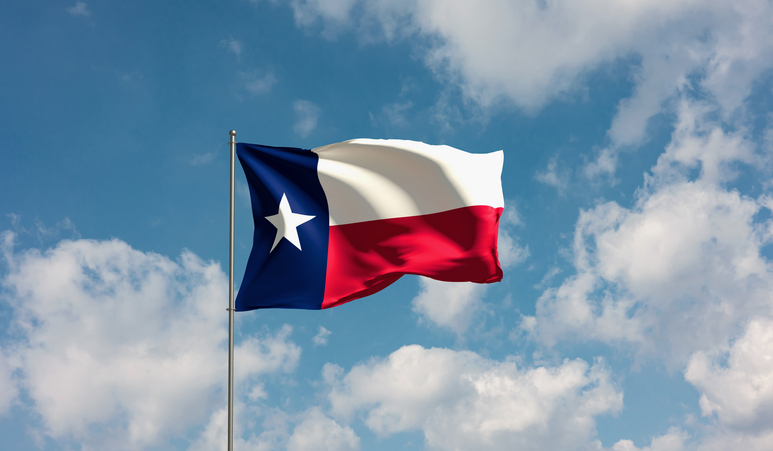A common proposal for remedying the increasing cost of health care in the United States has been the call for a single-payer health care system. In such a system, the financing of both health services and health insurance coverage originates from one single source: the government. Single-payer advocates argue all Americans have a natural right to health insurance and that this system would extend coverage and quality health care to all.
Pointing to experiences of nations that have tried it, opponents argue single-payer does not translate into better health care. Instead, access to health care diminishes under single-payer systems, and the overall quality of care suffers. Single-payer systems cause shortages of general physicians and specialists and reduce access to medical technology. As an example, Heartland Institute Senior Fellow Peter Ferrara has noted only one-quarter of women in the United States diagnosed with breast cancer die of it, whereas the corresponding death rates are 35 percent in France and 46 percent in Britain, two nations with single-payer health-care systems.
Single-payer systems are notorious for long waiting lines and limited access to care. Grace-Marie Turner of the Galen Institute notes, “Forty percent of the population in Canada does not have a general practitioner because there are so few doctors. Even though they have theoretical entitlement [to health care], they can’t get it.” Such long queues force citizens in single-payer systems to seek care in the United States.
A single-payer system does not benefit patients but instead places them under government discretion while subjecting them to inferior health care. Louisiana Gov. Bobby Jindal observed, “No state or nation should consider implementing a system that individuals from other countries come here to escape from.”
The following documents offer additional information about single payer health systems.
Twenty Myths About Single-Payer Health Insurance: International Evidence of the Effects of National Health Insurance in Countries Around the World
http://www.coalitionoftheobvious.com/singlepayer.pdf
Health care experts John C. Goodman and Devon M. Herrick of the National Center for Policy Analysis reveal 20 myths about single-payer health care and provide evidence showing single-payer is inferior to our current system.
Single-Payer: Neither Simple nor Smart
http://www.healthpolicy-news.org/article/667
Writing for Health Care News, Dr. Michael Glueck and Dr. Robert Cihak document how single-payer systems limit consumer choice and inject government into the physician-patient relationship.
Single-Payer Empowers the Government, Not the People
http://blogs.kqued.org/healthyideas/2009/05/13/single-payer-and-group-coverage-empower-government-not-the-people/
John R. Graham of the Pacific Research Institute explains how single-payer health systems have historically resulted in inferior, costly care.
High-Priced Pain: What to Expect from a Single-Payer Health Care System
http://www.heritage.org/research/reports/2006/09/high-priced-pain-what-to-expect-from-a-single-payer-health-care-system
In this Heritage Foundation Backgrounder, Dr. Kevin C. Fleming outlines what consequences can be expected from a single-payer system.
Sebelius Insists: No Single Payer at National Level
http://www.npr.org/templates/story/story.php?storyId=10544288
U.S. Health and Human Services Secretary Kathleen Sebelius explains why she thinks a single-payer system should not be enforced at the national level: “Dismantling private health coverage for the 180 million Americans that have it, discouraging more employers from coming into the marketplace, is really the bad, you know, is a bad direction to go.”
Single-Payer Health Care Would Enslave a Nation
http://heartland.org/newspaper-article/2001/06/01/single-payer-health-care-would-enslave-nation
Health Care News reports on the lessons to be learned from single-payer health systems: “The reality is single-payer health care doesn’t guarantee everyone will have access to medical care, nor does it guarantee the delivery of quality health care on time and to those who may need it most.”
Schwarzenegger Rejects Single Payer Program
http://www.healthpolicy-news.org/article/19983
Health Care News explains Gov. Arnold Schwarzenegger’s reasoning for rejecting a single-payer health system for the state of California in 2006. The governor is quoted as saying, “This bill would require an extraordinary redirection of public and private funding by creating a vast new bureaucracy to take over health insurance and medical care for Californians—a serious and expensive mistake.”
Nothing in this Research & Commentary is intended to influence the passage of legislation, and it does not necessarily represent the views of The Heartland Institute. For further information, on this subject, visit Health Care News at https://heartland.org/topics/health-care/index.html, The Heartland Institute’s website at http://heartland.org, and PolicyBot, Heartland’s free online research database at www.policybot.org.
If you have any questions about this issue or the Heartland website, contact Heartland Institute Legislative Specialist Kendall Antekeier at [email protected] or 312/377-4000.



